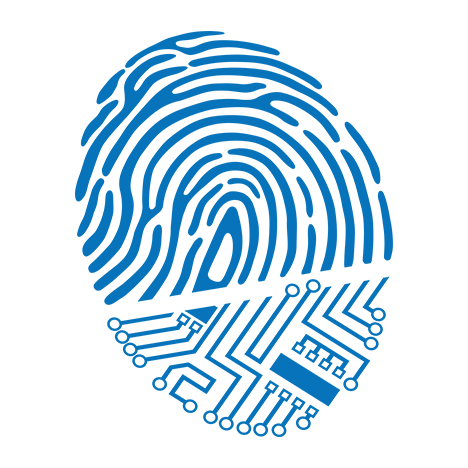

In the STEM vs Liberal Arts competition, Liberal Arts students will have the last laugh says Dawn or Doom speaker

George Anders, author and a senior editor at LinkedIn, says the best defense against job automation is to cultivate these three skills: creativity, curiosity and empathy.
Automated robots have been slowly replacing parts of the workforce for decades, but because the speed of technological innovation has increased, the fear of job loss due to automation has also increased.
But there is a reason robot referees are not officiating NFL games on Sunday afternoons, says George Anders, author and a senior editor at LinkedIn. Anders says the best defense against job automation is to cultivate these three skills: creativity, curiosity and empathy, which he argues cannot be automated in his most recent book, “You Can Do Anything: The Surprising Power of a ‘Useless’ Liberal Arts Education.”
Anders will talk about the benefits of a liberal arts education – and why he wants to give the term “meandering” back its good reputation – at Purdue’s Dawn or Doom conference; his talk is sponsored by the English Department and the College of Liberal Arts. The annual conference explores the risks and rewards of emerging technologies. Dawn or Doom ’18 will be held on Purdue’s West Lafayette campus Monday and Tuesday, Nov. 5-6. The conference, now in its fifth year, is free and open to the public.
Dawn or Doom is aligned with Purdue's Giant Leaps Sesquicentennial Campaign and is part of the Ideas Festival theme, Giant Leaps in Artificial Intelligence, Algorithms, and Automation: Balancing Humanity and Technology. The Ideas Festival is the centerpiece of the campaign and connects world-renowned speakers and Purdue expertise in a conversation on the most critical problems and opportunities facing the world.
Anders says the foundation of a liberal arts education cultivates creativity, curiosity and empathy and they can be parlayed into numerous fields that are unlikely to be taken over by robots.
“You can take a degree in anthropology, history, philosophy, and you can transform that into a career in user experience, sales, digital marketing – areas where human touch helps get technology to the right place,” he says.
For STEM students, Anders recommends taking stock of what people skills they already have and what skills might be useful to strengthen, such as critical thinking.
“Two years ago, I looked at jobs that offered $100,000 in salary and the most requested skill was critical thinking,” Anders says. “But that’s a big label so I broke it down into the ability to explore new areas, analytical skills, problem solving skills, persuasion, the ability to bring a crowd with you, the ability to read the room size up where other people are and take stock of all the things you need to know.”
Besides, Anders says, students should be able to dabble in this and that in the early stages of their career. The “meandering,” as he calls it, helps develop those people and critical thinking skills that then help them adapt to new professional environments.
“The ability to explore in your 20s is unique to the American college degree,” Anders says. “I’m arguing from the ‘dawn’ perspective – new technology will create new opportunities and people will be able to humanize what’s there.”
For example, Anders says, look at professional football referees. They’ve faced automation for decades with the innovation of better cameras, camera angles and software, and yet you still see them at every game.
“Technology has actually increased the number of jobs. You now have referees that sit in the booth to watch the footage and technical assistants working with the cameras,” Anders says. “Plus, referees make the game fun – they deliver the calls with an element of drama and theater. We’re willing to pay money for the human element.”
Dawn or Doom ’18, part of Purdue’s 150th anniversary celebration, features four tracks: Machines, Mind, Body and Data. Featured speakers at the conference include Frank Pasquale, law professor at the University of Maryland who specializes in artificial intelligence law, Naomi Grewal, global head of insights at Pinterest, and Nicholas Carr, author of New York Times best seller “The Shallows: What the Internet Is Doing to Our Brains.” Visit the Dawn or Doom website for more information about the conference and a full list of speakers.
Writer: Kirsten Gibson, technology writer, Information Technology at Purdue, 765-494-8190, gibson33@purdue.edu
Last updated: October 22, 2018


